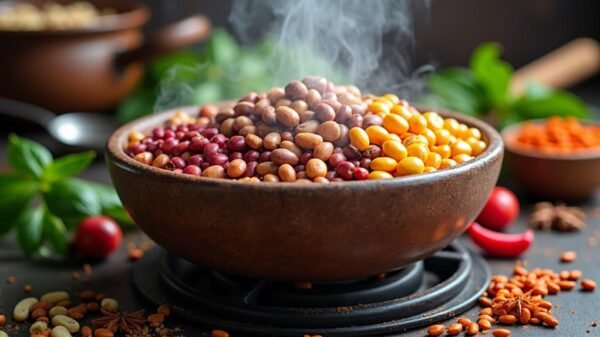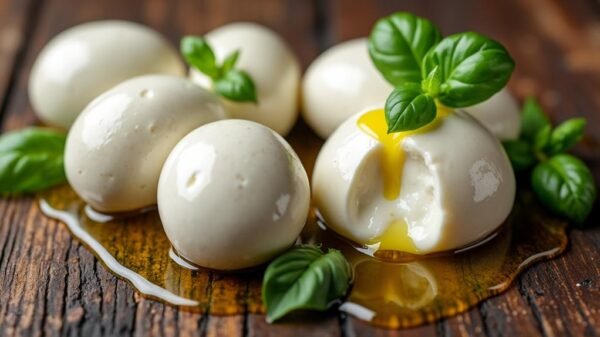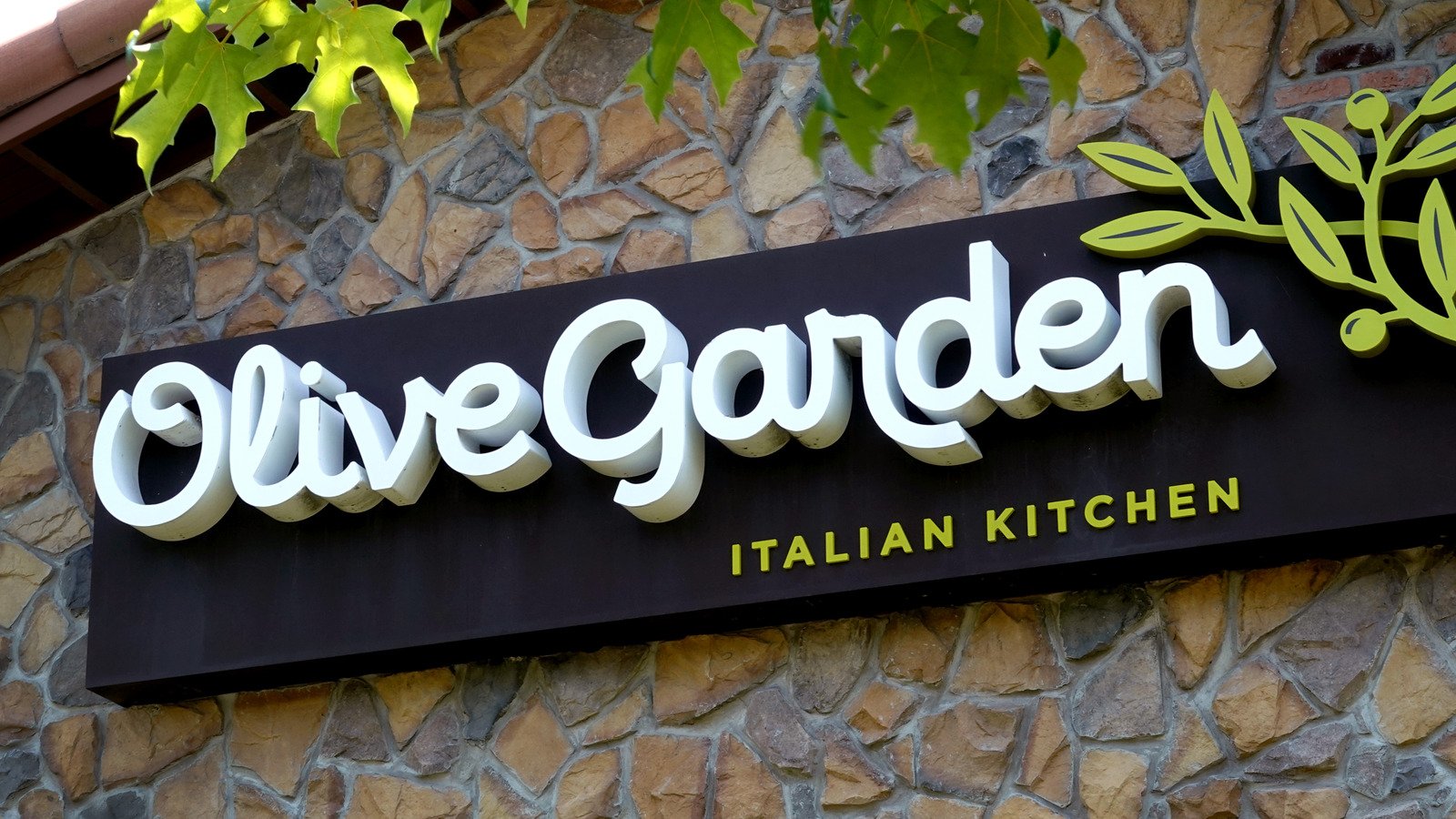The Importance of Salt in Pasta Cooking
Enhancing Flavor and Texture
Salted water isn’t just for flavor when cooking pasta; it also plays a crucial role in maintaining the texture of the noodles. As pasta cooks in boiling water, starch is released, making the water appear cloudy by the end of the process. Salt assists in preventing the pasta from breaking down excessively, helping it avoid becoming overly sticky and clumping together. Typically, when dining at places like Olive Garden, if the spaghetti appears to be overcooked beyond al dente, the absence of adequate salt might be the reason. However, overcooking the pasta is another possible issue; leaving pasta in boiling water for too long will degrade its structure, becoming mushy despite the salt present.
Determining the Right Amount of Salt
The question arises: how much salt should be in the pasta water? While it’s commonly said that pasta water should taste as salty as the sea, this analogy can be misleading. Seawater is extremely salty, an unpalatable experience if you’ve ever accidentally swallowed it at the beach. Using this much salt would make your pasta taste awful. Instead, a more practical guideline is adding one tablespoon of table salt per gallon of water. This level ensures a pleasant salinity without overwhelming the dish.
Practical Tips for Perfect Pasta
For perfect pasta every time, following a few straightforward tips can make all the difference:
- Boil with Plenty of Water: Use ample water to allow the pasta enough room to cook evenly, preventing it from sticking together.
- Stir Occasionally: Stirring the pasta a few times during cooking can help maintain a consistent texture.
- Taste Test: Regularly taste the pasta to gauge doneness, aiming for a firm yet tender bite, known as al dente.
- Save Some Pasta Water: Reserve a cup of the starchy cooking water before draining. This can be added to the sauce to help it adhere to the pasta, creating a more cohesive dish.
Understanding Overcooking
Overcooking pasta can ruin an otherwise fantastic meal. Over time, the boiling water breaks down the pasta’s structure, making it mushy. Salt does not save overcooked pasta. Therefore, careful timing is essential. Most pasta packages provide a recommended cooking time, but using a timer and conducting a taste test near the end of this period is the best approach to avoid overcooking.
Closing Thoughts
Cooking perfect pasta is an art that balances flavor, texture, and timing. Salt is a vital element in this process, ensuring noodles are tasty and maintain a desirable texture. By understanding the role of salt, using the right amount, and employing a few key techniques, you can make restaurant-quality pasta at home. Pay attention to timing, taste regularly, and don’t forget to stir—these small steps make a significant difference. With these tips, every pasta dish can be a culinary success.






































